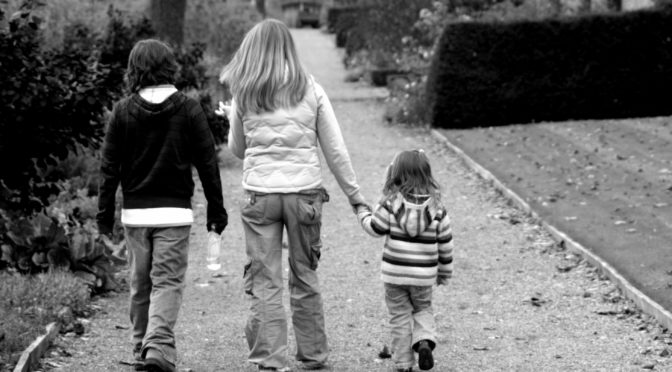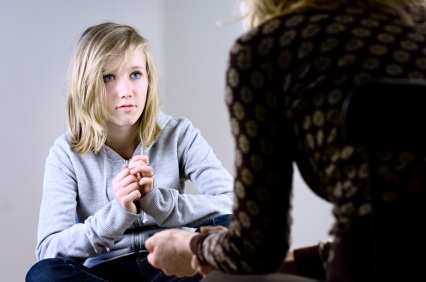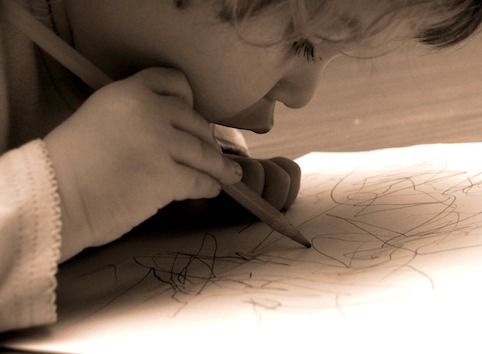Talking to Kids About School Violence
Posted by Collaborative Counseling

With so much media coverage of acts of violence, including school shootings, both adults and children are aware and thinking about violence in schools. We have heard many parents say they don’t want to send their child to school and kids are worried about it too.
When significant acts of violence occur, it is important to be aware that some children may react strongly to these types of events. For parents, teachers and therapists it is important to be able to talk to children about their thoughts and feelings.
How to Cope
Here are some tips and guidelines to help be prepared to talk to children about school violence:
- Be honest. Give children information they can understand in their own level. Help them to understand that while bad things happen to children sometimes, most children will not get harmed while at school.
- Limit exposure your child has to violent video games, movie, TV, computer and books. Research shows the violent information has a cumulative effect in children. Also do not describe scenarios that may further frighten your child.
- Monitor what information your child is getting or already has about the recent events. If they are hearing rumors or have wrong information, help them to understand the facts.
- Be there for your child. Listen to what they have to say. Reassure your child is safe and that you and their school is working hard to keep them safe.
- Work to manage your own fear and anxiety. Avoid letting your child take on your worries.
- Give your child information on how to maintain safety through their actions. Provide them with information on how their school works to keep them safe.
- Try to maintain normal activities and routines.
When difficult situations such as these occur, it can be hard to manage our own worries and those of our children. It is important to remember that while coverage of these types of school shootings and other acts of violence can be overwhelming, they are very rare. Learn more about our services for teens at: https://www.collaborativemn.com/counseling-services/teen-counseling
Read More
 View Our Locations
View Our Locations Request Appointment
Request Appointment

